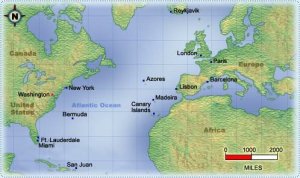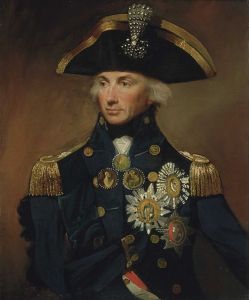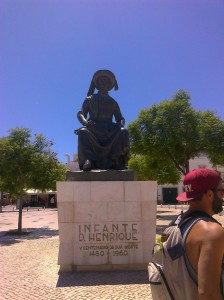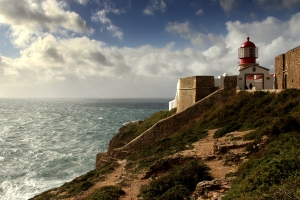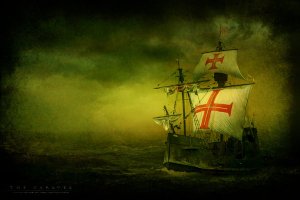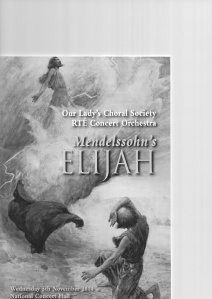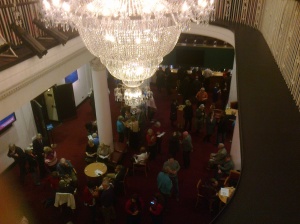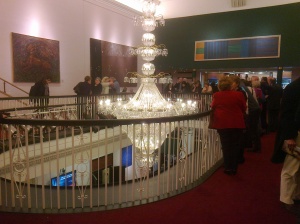Cape Canaveral.
To infinity and beyond!
“Yet all experience is an arch, wherethrough gleams that untravelled world, whose margin fades forever and forever as we move.” That was a line we learned in school; Ulysses explaining his compulsion to voyage further and ever further.”Rolled to larboard. Rolled to starboard, when the surge was seething free, where the wallowing monster spouted his foam fountains in the sea.” One of Tennyson’s better efforts. It took the mind out of a dusty classroom on a hot afternoon, to feel the rise and fall of a deck, the crystalline blue water inviting the swimmer, the lotos land where the livin’ is easy.
Norman Mailer interviewed Neil Armstrong. He asked how Armstrong would have coped with a failure of the Moon lander. The replies were terse and practical. “I would work on the availability of the ascent engine.” Mailer probed further, exploring the astronaut’s response to the unthinkable, to being marooned on the Moon, within sight of home, with absolutely no hope of rescue and depleting supplies of oxygen. Armstrong’s responses were unfailingly technical and factual. In some frustration, Mailer looked for the emotional dimension, the reaction of a fallible human being. “Why go there at all? What is the point?” Suddenly Armstrong became lyrical. He departed from the technical manual. “Why does the salmon swim upstream?” He spoke of the human instinct to explore, to find out, to strive for new worlds and new knowledge. Mailer sat back, enthralled, like any schoolboy in the presence of his hero.
Cape Saint Vincent.
I was intrigued, as a child, by the inscriptions on Nelson’s Pillar in OConnell Street: THE NILE, COPENHAGEN, SAINT VINCENT and TRAFALGAR. I could locate three of them but who or what was Saint Vincent? At one time Nelson was everybody’s hero. Before the dynamiters decided to censor history with the zeal of the Taliban, Nelson stood up there, leaning on his sword, turning a blind eye to the traffic, the smog, the trams and cyclists, the scurrying commuters, the flower sellers, the religious fanatics ranting and chanting, the clip-clopping draught horses, the courting couples hurrying to a tryst at The Pillar. While Napoleon hoped for lucky generals, he had less success with his admirals. Nelson saw them all off. What was left of this remarkable little man, was brought home to The Royal Naval College at Greenwich in a barrel of brandy, to lie in state before his funeral in Saint Paul’s. I last saw the stones commemorating his victories, scattered in a yard in Kilkenny, like a giant game of Scrabble.
When the world was smaller, Cape Saint Vincent was ‘The End of the World’, the extreme SW point of Europe. There was nothing beyond except the surging ocean, sea monsters and the fatal void at the edge of a flat world. It was here that Henry the Navigator gathered his cartographers and astronomers to ask the big questions, Where? Why? How? and What’s in it for Portugal? Half of a New World, as it turned out and untold wealth from spices, gold, ivory, sugar and slaves. The scars from that lash have not yet healed. The caravels of his disciples, Da Gama, Diaz, Cabral, Vespucci and Magellan sailed into the Unknown. The focus of trade shifted to the Atlantic and to a New World on the far side.
Henry’s statue sits in a square flanked by churches and Europe’s first slave market. The Pope’s recent apology to the indigenous people of Bolivia and elsewhere, was apposite but five centuries too late.
My brother spoke of sailing those glistening waters in Sceoling. He became lyrical, remembering days of ‘pure sailing’.
Last week ‘our’ vessel passed close enough to Pluto to take photographs of that mysterious world. It will sail on, exploring and documenting, until it falls off the edge or is devoured by dragons and sea monsters. Look up and wonder.


